Swiss public transport rarely end up in the scrapyard. So where do they go?
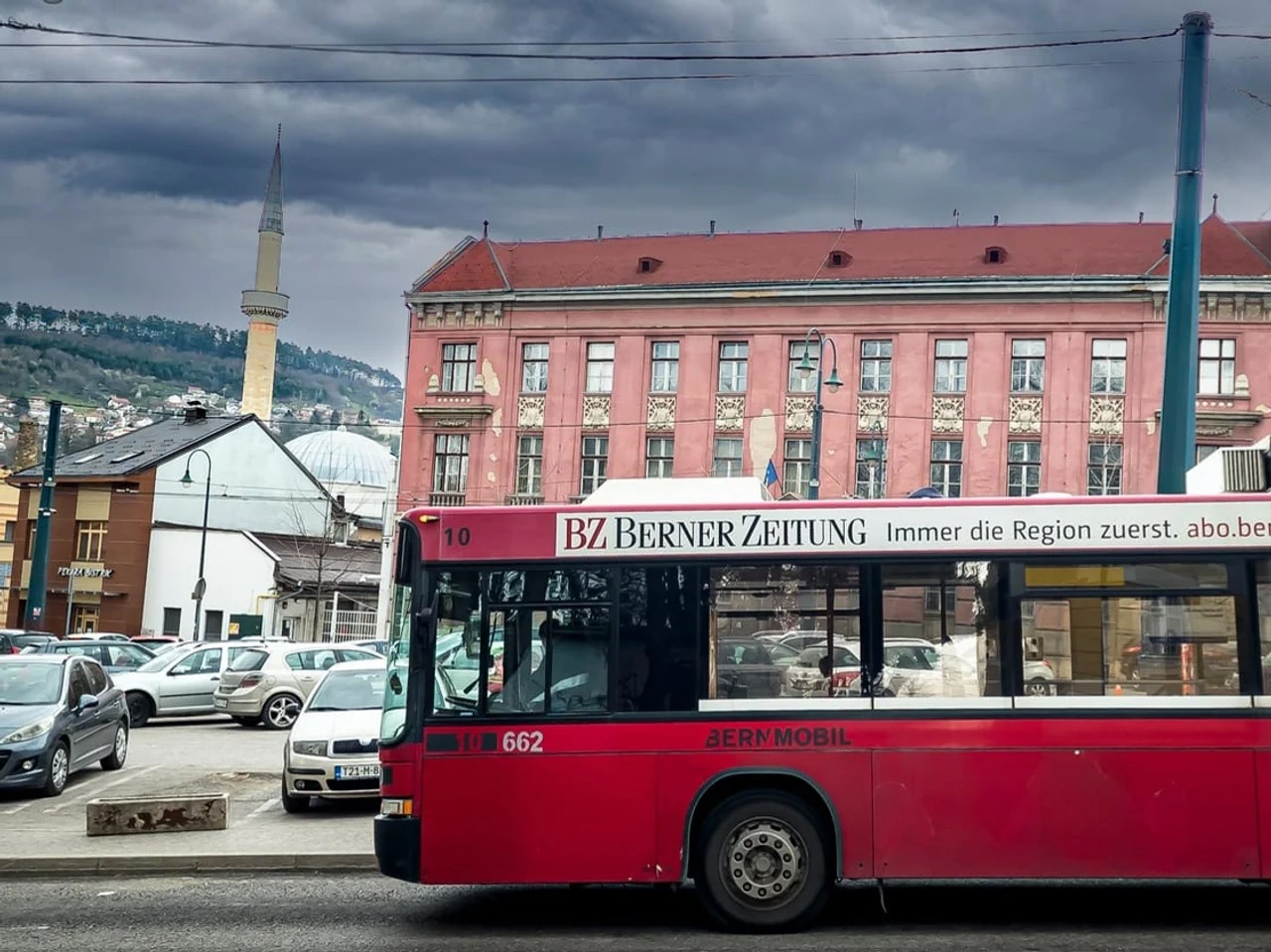
Zurich trams in Ukraine, buses from Bern in Sarajevo: Swiss means of transport are given a second life abroad.
Green and yellow-red Basel trams make up around a third of Belgrade’s tram fleet. In Sofia, the capital of Bulgaria, the “Guggumere” is a tram that everyone in the Rhine region of canton Basel is familiar with. In the Ukrainian city of Vinnytsia, the blue coloured Mirage, Karpfen and Tram 2000 trams from canton Zurich are in operation. The local population is delighted. They affectionately call them “Schweizarsky Tramway”.
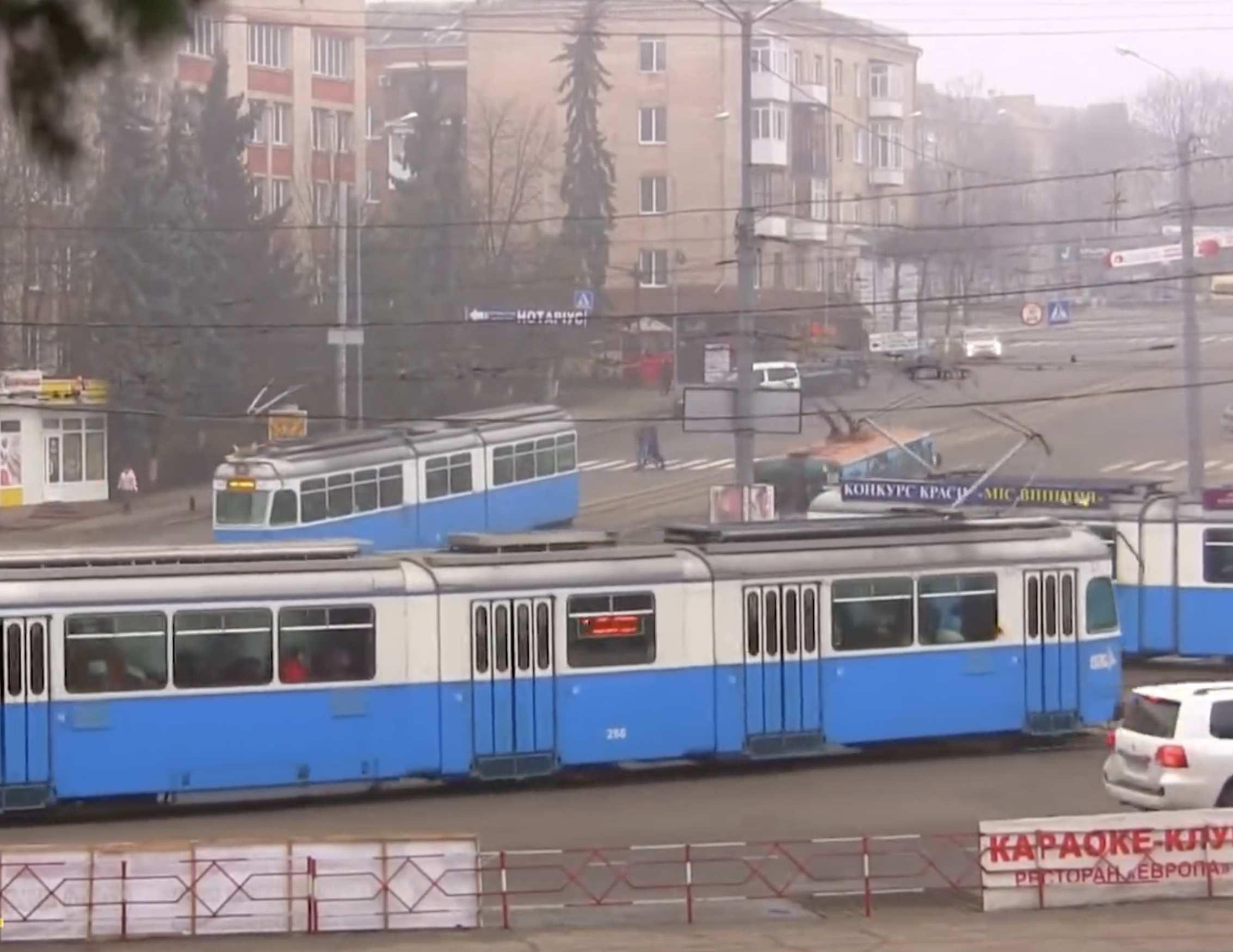
And the next big export of second-hand Swiss trams has already been announced. Red Bernese trams will soon be running on the tracks of the Ukrainian city of Lviv.
One person who knows how such a tram trade works is Martin Häfliger. Since 2001, the consultant has been along for the ride for all tram exports in which the State Secretariat for Economic Affairs (Seco) has been involved. This is part of the urban development and infrastructure programme.
Swiss tram development aid
“The trams being sent from Bern are actually only 30 years old,” says Häfliger. “They were the first low-floor trams at the time. But their doors do not meet the standards of the new Disability Discrimination Act. The transition period expired at the turn of the year. Therefore, the fleet needs to be replaced quickly.”
How would he describe this process? “I would describe it as recycling,” says Häfliger. It makes ecological sense to reuse the serviceable material. And he believes it will improve the situation for Lemberg. A win-win situation then? “In development cooperation, the target country must benefit first and foremost,” says Häfliger.
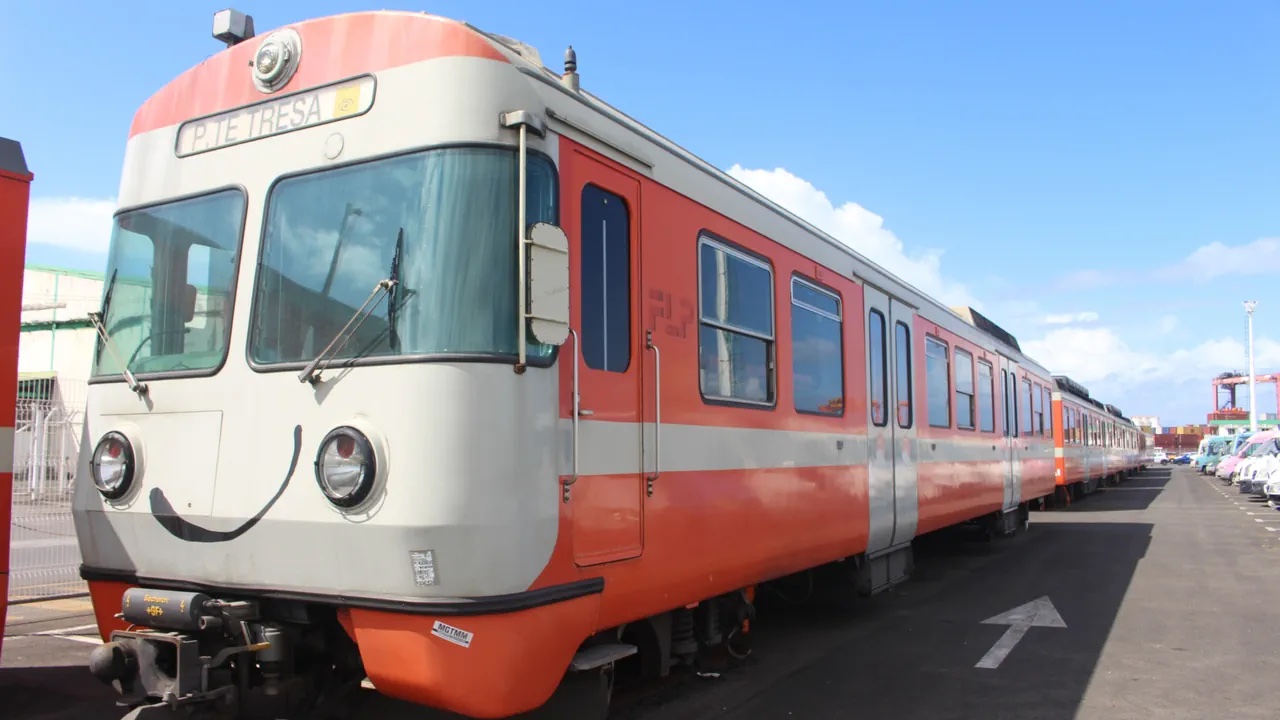
“Delivering the eleven second-hand trams to Eastern Europe using special transport is expensive. Each vehicle costs around CHF40,000 ($46,373),” says Häfliger. “These transport costs and also the training costs for the local staff are covered by Seco. The project is cost-neutral for the Swiss transport company.”
The biggest challenge is the infrastructure at the destination. Häfliger checks the feasibility in advance. But the many experiences that make him laugh today are memories of mishaps. “We lost a tram from Basel on the journey to Belgrade.”
How does one lose a tram? The trams were being transported on railway carriages. “We spent two weeks looking for them. We contacted all the railway stations in Hungary. And sure enough, there was a lone green tram on a railway siding. The railway carriage had broken down. The tram was still luckily intact”.
The fascination of Swiss railways abroad
The former Swiss means of public transport does not only generate enthusiasm in the new home country, but also back at home in Switzerland. Since his youth, Cyrill Seifert has travelled the globe in search of trains, trams and trolleybuses that were once in operation in Switzerland. “It’s a piece of home. Seeing it again has a special charm.”
Seifert keeps a record of where in the world each tram unit that was once in Switzerland is now located. “The Waldenburg railway now runs in Slovakia. In Romania, you can travel in carriages that still have ‘Kleine Scheidegg’ written on them. The orange Trogenerbähnli? That runs in South Tyrol today.” His Excel list is over 500 entries long. He also has photographs of most of them.
Swiss trams are even found in the closed-off country, North Korea. “Former Zurich trams that were decommissioned in 1994 are in operation in Pyongyang.” Seco was not involved in this deal, emphasises consultant Häfliger. “Unfortunately, I wasn’t allowed to photograph the trams when I was there. The line is operated by the military,” says Seifert.
The situation in Belgrade is completely different. Seifert recommends travelling to the Serbian capital if you want to feel like you’re in Switzerland when travelling in foreign city traffic. “The trams there are all still labelled with the stops from Basel.” He has already travelled to the Balkans three times because of these trams.
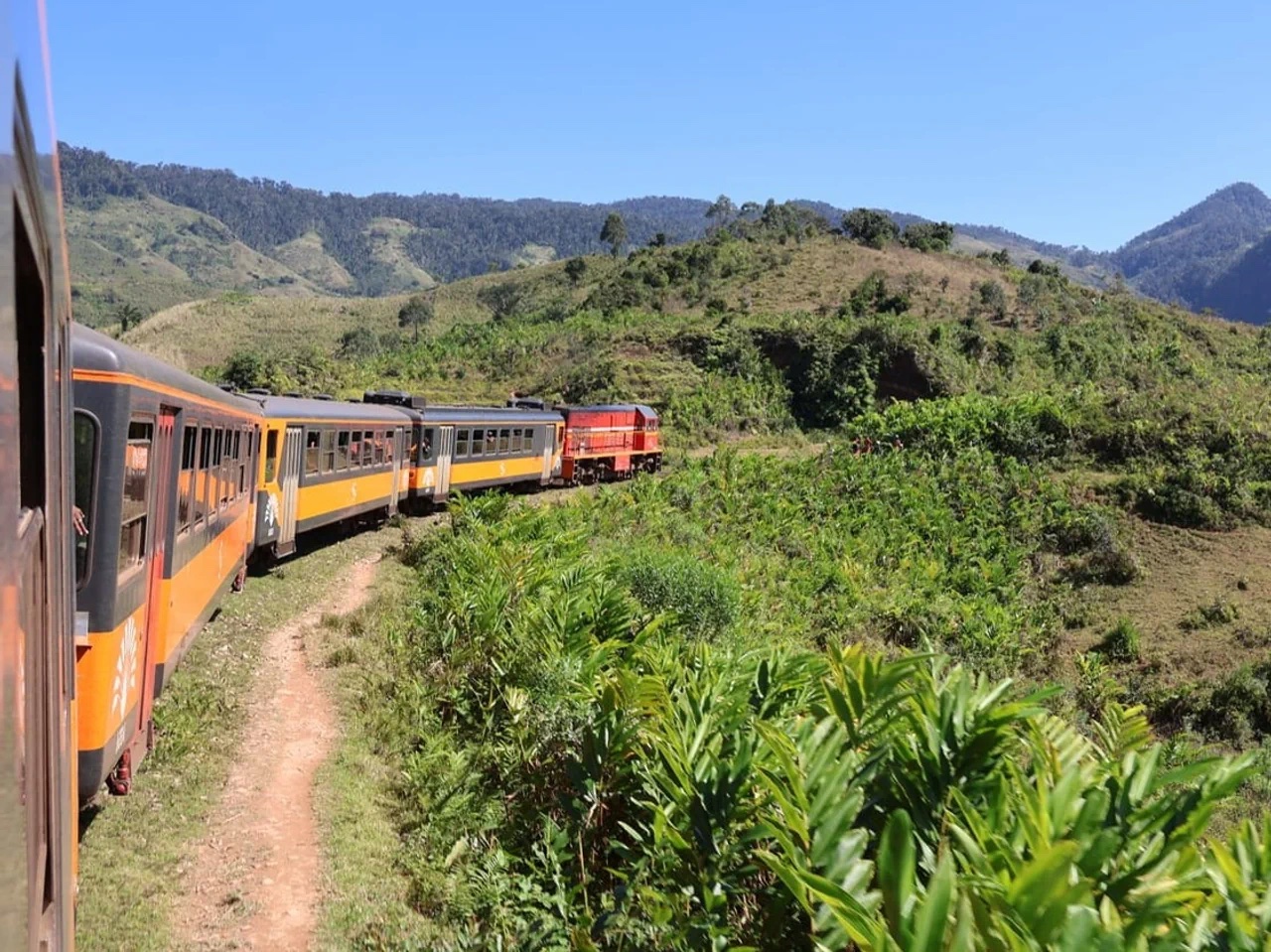
Postbuses around the globe
Somewhat surprisingly, however, railway expert Seifert’s favourite memory is not about a tram or train. “In Guinea-Bissau I travelled on buses operated by the Fribourg public transport company. I couldn’t believe my eyes. They still looked like they did at home.”
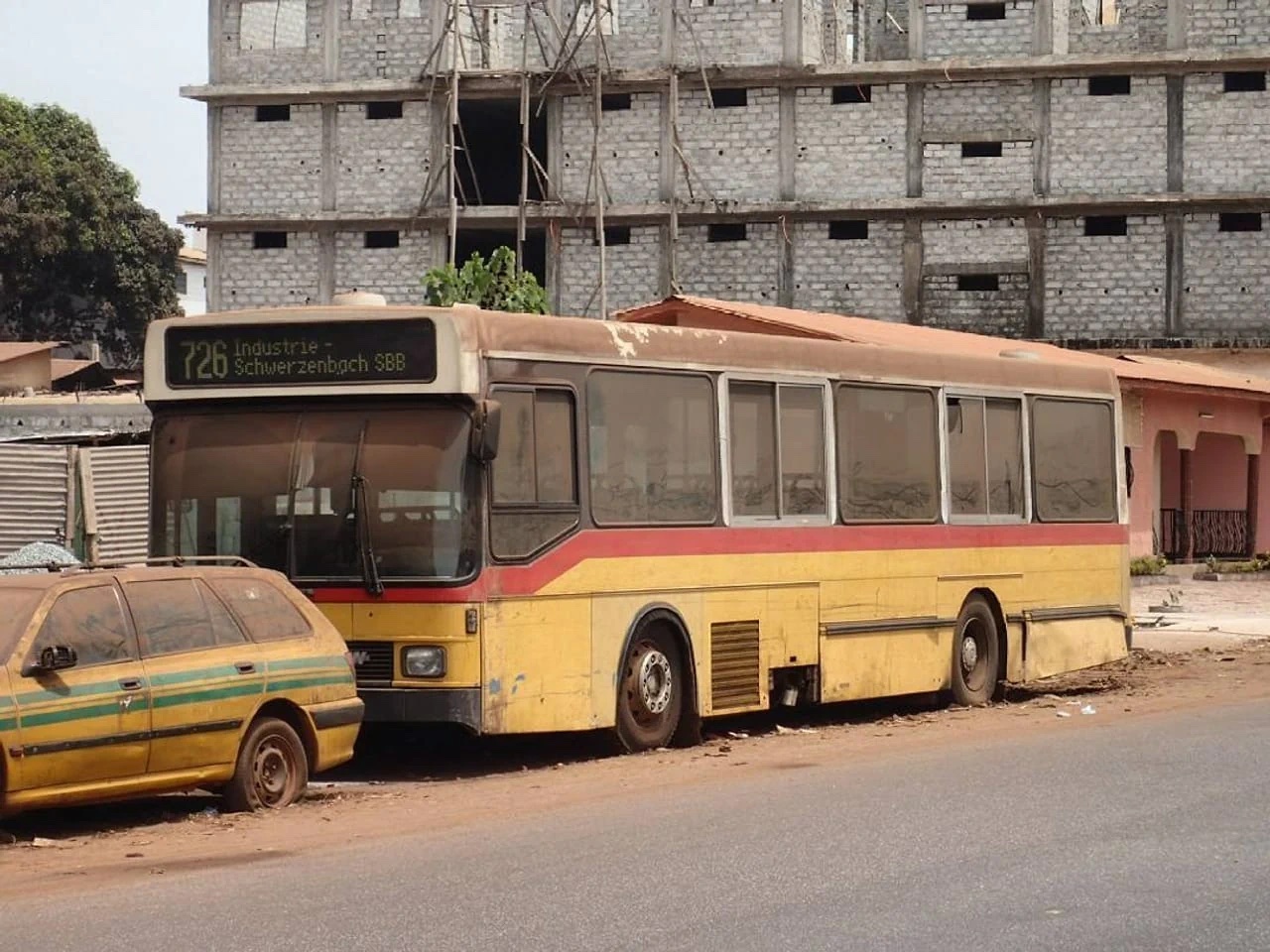
Swiss diesel buses and railway carriages are not a reason for Seifert to visit certain places. Why? “That would be a bottomless pit”. Nobody has an overview of where Swiss buses are travelling.
It’s different with trolleybuses. “The Mecca for Swiss trolleybus nostalgia is Valparaíso in Chile,” says Seifert. “The harbour city has been operating decommissioned trolleybuses from Zurich, Schaffhausen, St Gallen and Geneva since the 1990s. From 2014, the fleet will be rejuvenated with buses from Lucerne.” Although the buses are all painted green, “the flair and some of the interiors are still the same as before,” says Seifert.
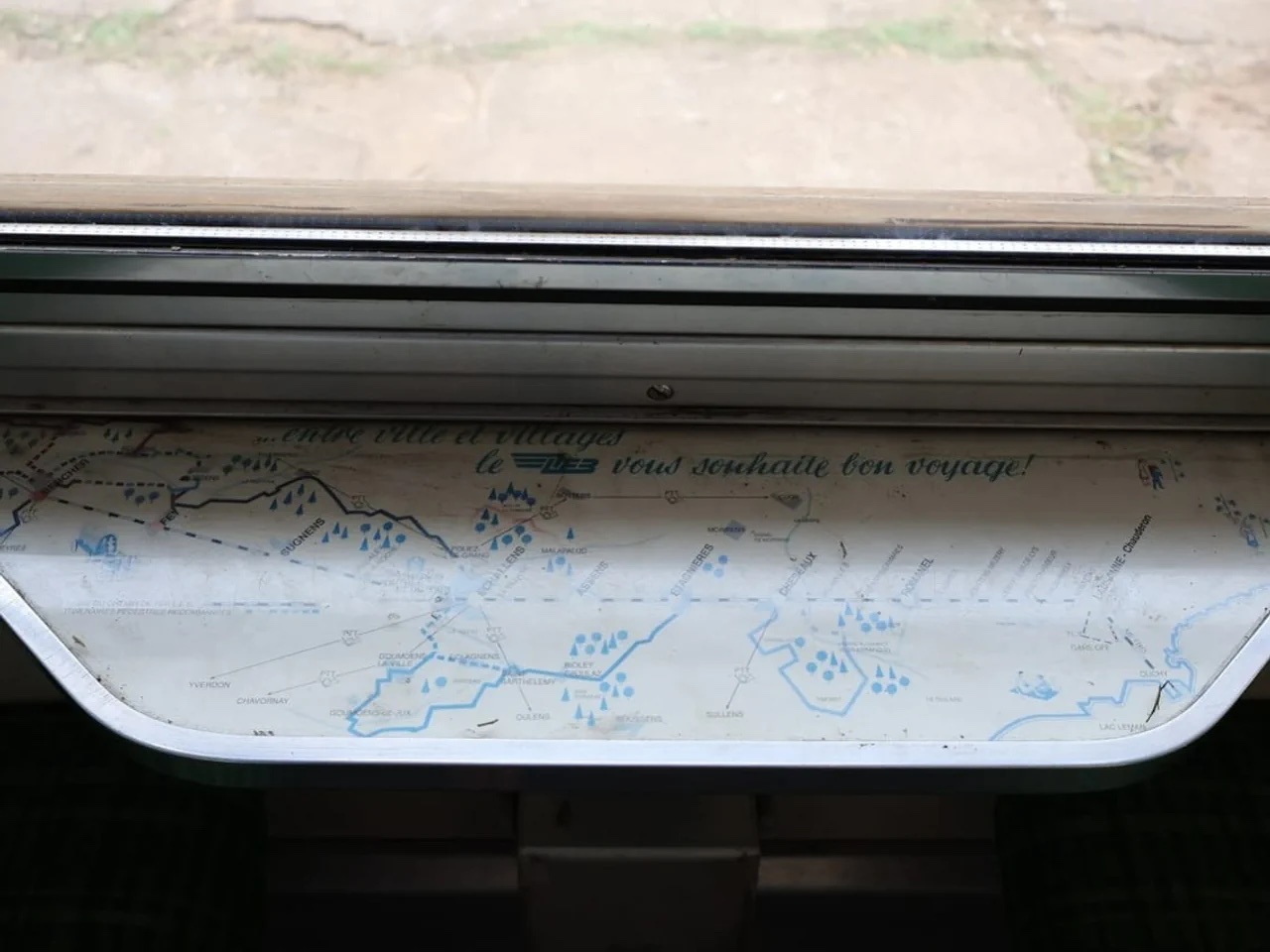

In compliance with the JTI standards
More: SWI swissinfo.ch certified by the Journalism Trust Initiative
You can find an overview of ongoing debates with our journalists here. Please join us!
If you want to start a conversation about a topic raised in this article or want to report factual errors, email us at english@swissinfo.ch.